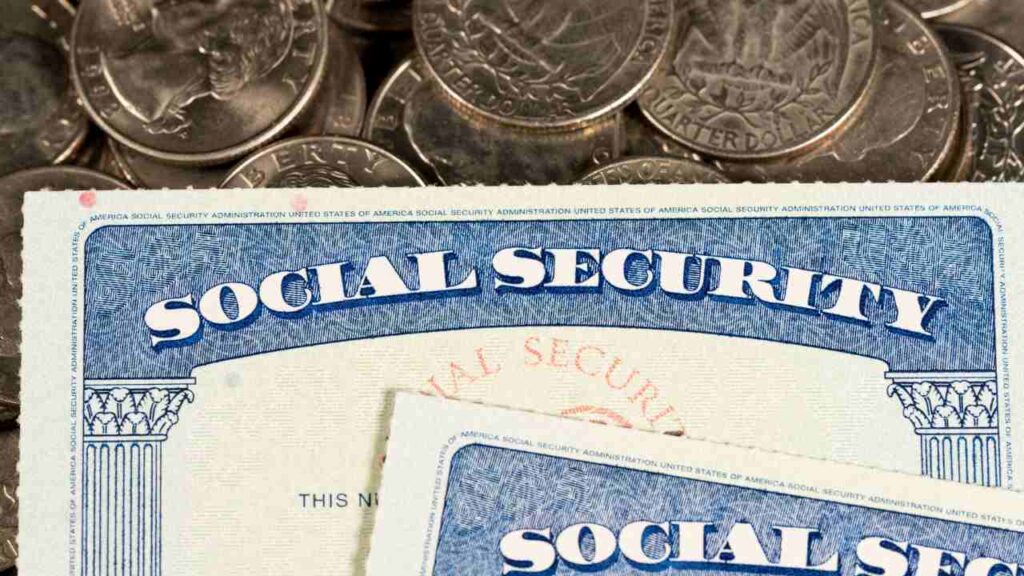In a striking development affecting the lives of many, hundreds of thousands of immigrants who were previously granted special permission to stay in the United States will soon be required to leave the country. This directive has stirred significant concern and debate.
The Department of Homeland Security (DHS) announced on Thursday that individuals from Cuba, Haiti, Nicaragua, and Venezuela, who had been temporarily protected from deportation, will receive email notices instructing them to depart. This action marks a significant shift in policy that has been met with both support and criticism.
Emails of Exile: DHS Sends Shock Waves Through Immigrant Communities with New Removal Directive
Under the previous administration of former President Joe Biden, over half a million people from these nations were granted the opportunity to remain in the U.S. for a two-year period. This decision provided relief to many, offering a temporary respite from uncertainty.
This new directive is anticipated to encounter legal opposition from critics of the Trump administration’s mass deportation strategies. The legal landscape surrounding immigration policy continues to be a contentious battleground, with significant implications for the affected communities.
During his tenure, President Biden has significantly expanded the scope of humanitarian parole, a protection measure originating from the Cold War era. This expansion has been in response to the specific conditions in four key countries.
531,670 Granted Legal Status: What the DHS Numbers Really Mean for U.S. Immigration
According to the Department of Homeland Security (DHS), by the end of November 2024, a remarkable 531,670 individuals were granted permission to remain in the United States under this program. This initiative has led to a dramatic 98% decrease in illegal crossings by citizens from the four targeted countries.
While the exact number of individuals impacted by the new directive remains unclear, it is important to note that some immigrants from these countries may have already attained legal status through other visa programs. This complexity adds a layer of uncertainty to the overall impact of the directive.
Screening and Vetting Process
The Biden administration emphasized that each immigrant required a US-based sponsor and underwent thorough screening and vetting processes. However, this approach faced opposition from the Trump administration, which expressed disagreement with the policy.
In a recent statement, DHS spokesperson Tricia McLaughlin referred to the Biden-era program as “disastrous.” She emphasized that it allegedly paved the way for fraudulent claims and criminal activities, ultimately undermining American workers.
Immigration and Its Impact on U.S. Cities
The program became a significant point of contention during the last year’s presidential campaign, particularly when former President Trump and his allies spotlighted cities like Springfield, Ohio. This city, in recent years, has experienced a substantial influx of Haitian immigrants, many of whom have been allowed to remain in the U.S. under the program.
During the campaign, Trump and his supporters made controversial claims regarding Haitian immigrants, including unfounded allegations about them eating pets. Despite the lack of evidence supporting these accusations, Trump’s running mate, Vice-President JD Vance, defended this narrative. He argued that the intention was to draw attention to what he described as “high levels of immigration” and the subsequent “suffering of the American people.”
- Fraudulent claims and crime were cited as concerns by DHS.
- Focus on cities with increased Haitian immigrant populations.
- Inflammatory statements about immigrants lacked evidence.
- Vice-President JD Vance’s defense of the narrative.
These issues continue to stir debate and discussion surrounding immigration policies and their effects on communities across the nation.
Source: https://www.dhs.gov/
